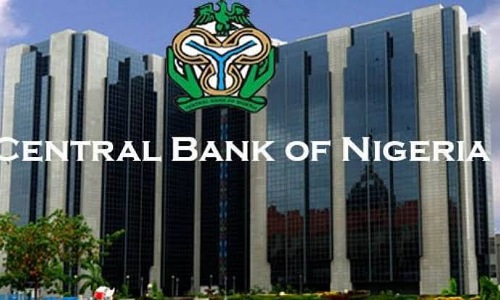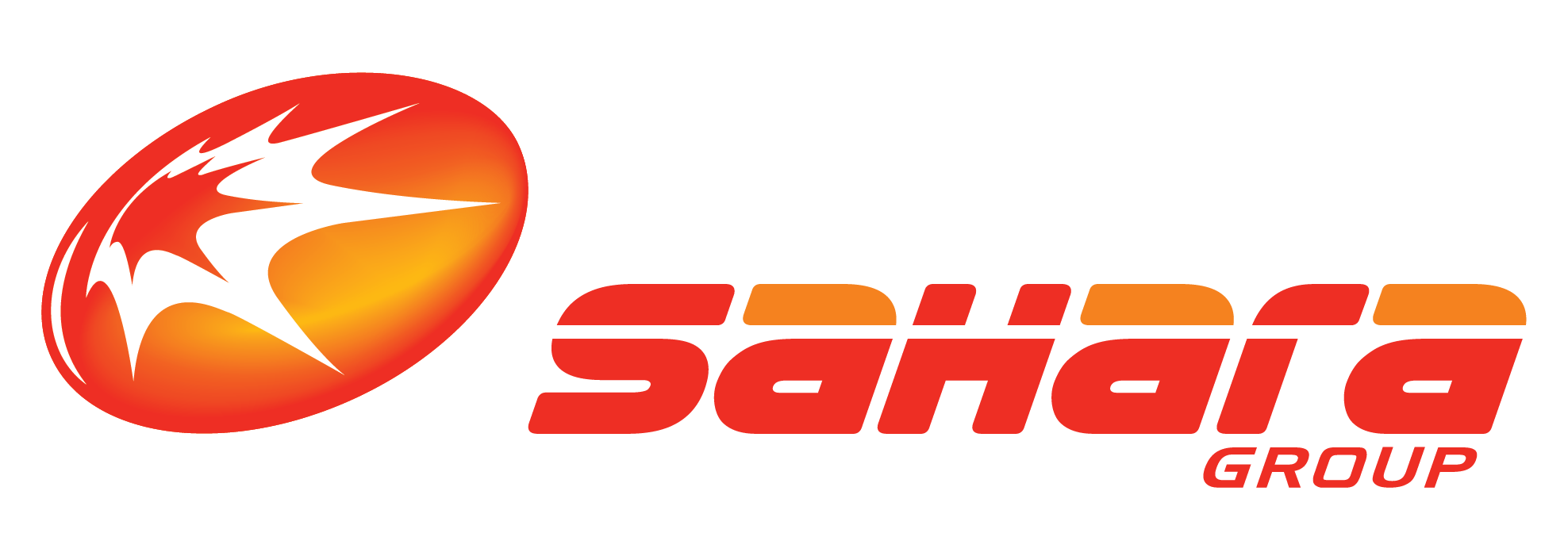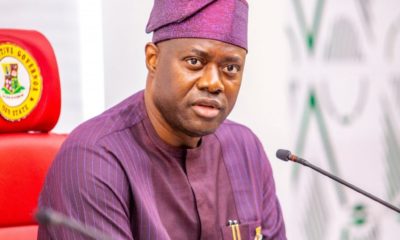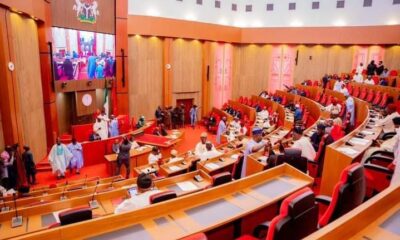Business
Oil slump: Nigeria targets self-sufficiency in food production

LAGOS-There has been a renewed emphasis on local food production in recent times owing to the continued slip in oil prices globally and t he resultant devaluation of the local currency.
he resultant devaluation of the local currency.
All over the country, there has been a return to the agricultural sector which hitherto lay dormant while Nigeria savoured oil wealth. But with the oil almost trickling to a stop, the country has suddenly been roused to its former source of wealth; agriculture and food production.
A major foreign exchange earner in the 1960s and 1970s, the sector has featured in various development plans spanning 52 years, starting from the 1962-1968 development plan which was Nigeria’s first national plan and culminating in recent efforts of the President Goodluck Jonathan’s administration.
According to an economic analyst, Professor Sherifdeen Tella, the sudden drop in the price of crude oil was what Nigeria needed to jolt it back to the reality of the importance of agriculture. Tella had urged total dedication to the sector, saying that the government and people of Nigeria should not see the situation as a temporary one.
In the same vein, Bismark Rewane was optimistic that if there was commitment on the part of people and the government, it was possible for Nigeria to be self-reliant and comfortably support the economy with earnings from the non-oil sector.
Since June 2014 when the price of crude oil started falling from its peak of $115 per barrel, and continued its downward spiral, analysts have not ceased to call on the government and stakeholders to urgently consider diversifying the economy.
In a swift response to the situation, the Federal Government has, since last year, embarked on far-reaching agricultural programmes meant to boost local food production.
In October, the government approved the Nigeria Agricultural Transformation Agenda Support Programme which was proposed a year earlier.
Details of the plan published on the African Development Bank online portal, included a two-phased programme that consisted of an initial phase of three years to put in place, the delivery and institutional mechanisms through a learning by doing and piloting approach.
Other reforms have since followed the ATA in quick succession as the global oil benchmark keeps edging towards the $40 mark. From all indications, agriculture has become a central focus of the economy being the major foreign exchange earner apart from oil.
The Minister of Agriculture, Dr.Akinwumi Adesina, believes that things have been moving so fast in the sector that come 2017, the country will achieve self-sufficiency in food production.
Adesina said the success recorded in the cassava sub-sector was a strong indication that Nigeria was on its way to food self-sufficiency. He noted that the country had done extremely well in food production, adding that food import bill went down from 1.1trn in 2009 to N697bn by the end of December, 2013.
He told our correspondent, “Today, Nigeria is the largest producer of cassava in the world. The goal of the government is to make Nigeria the largest processor of cassava in the world. We are doing that in four ways; first, we are working to transform cassava into starch that can be used by industries.
“An American company which is the largest food processor in the world will be investing about $200bn in Alape, Kogi state for the establishment of 64,000 metric ton-starch plant and a 43,000 metric ton-sweetener plant. These two plants will transform cassava into starch and sweetener to replace the sugar that we are currently importing.”
The minister also said that the government was working with Coca Cola, Nigeria Breweries, Unilever as well as Flour Mills of Nigeria, to begin production of high quality cassava syrup that will be coming from the Alape plant.
Adesina also expressed support for the new rice policy of the Federal Government, describing it as another project that was sure to liberate the country from dependency on food importation. He was also optimistic that with the volume of rice being produced locally every year, the country would be able to export the commodity in three years.
The only problem with the policies, as laudable as they are, is that they are coming too late according to analysts, considering the fact that the general elections are in February and some of the policies have not been given legal backing to protect them from alteration or discontinuation by another government.
Last year, the Trade Commissioner and Managing Director, Japan External Trade Organisation, George Sato, told our correspondent that Nigeria had put in place good policies that had been attracting foreign investors to the nation.
He said, “All that the Japanese companies want is stability and consistency. After the 2015 elections, the current good policies should remain and continue. If there is sustainability and consistency, we will bring more Japanese businesses here.
According to the President, Rice Millers Association of Nigeria, Tunji Owoeye, if anything should happen to stop the rice policy, it would spell doom for Nigeria as a nation. Owoeye said stakeholders across the rice value chain had already made long-term investments and signed performance bonds running into billions of naira in the sector.
He told our correspondent in an interview, “If these projects and policies are not continued, it is going to spell disaster for Nigeria,”
Owoeye remarked that the only way to ensure continuity of the policies was to pass a legislation in the chambers to make it a national law. He added that another way of ensuring continuity would have been for the current administration to continue beyond February 2015.
An analyst and the Country Director, Harvest Plus, Mr. Paul Ilona, echoed Owoeye’s concerns. Ilona was of the opinion that with the current energy and dedication given to food production, the country was certain to be self-sufficient very soon.
According to him, the challenge will be in sustaining the current growth.
Another problem that has been providing a conduit for illegal importation is that local food production is still far from meeting the demand of Nigerians.
PUNCH-
Business
CSOs Urge Further Reduction Of Pump Prices Of Petrol
Following the marginal reduction of the pump prices of premium motor spirit (PMS) by the Dangote Petroleum Refinery and the Nigerian National Petrol Company Limited (NNPC Ltd), civil society groups have reacted by calling for further downward review.
Recall that the Dangote Petroleum Refinery had announced a partnership with MRS Oil and Gas to offer petrol at N935 per litre at retail outlets, while it reviewed the ex-depot price from N970 to N899.50 per litre.
The move, saw state oil major, the Nigeria National Petroleum Company peg its retail prices at N965/litre.
ALSO READ: Dangote Partnership: MRS Urges Nigerians To Insist On N935/Litre Petrol Price Nationwide
However, the civil society groups are of the opinion that the price reduction, fall short of expectations.
According to the Chairman, Centre for Accountability and Open Leadership, Debo Adeniran, the reduced price of N935/litre was still expensive and unsatisfactory.
He pointed out that petrol was just one of the products coming out of crude and that both government and private business could still give out free petrol to citizens while making huge profits from the other products.
In his words, “Well, we believe that if NNPC and the private sector actually give out PMS for free, they will still not run their business at a loss, because the other derivatives of petroleum products can still serve them, and can still make them to break even. So, even at that N900 and something, it’s still expensive.
“Dangote has kind of mooted the idea that it could drop to as low as N650. And if he has mulled this, then it means that it is the state, it is the NNPC that will have been the clog in the wheel of such progress. And you know also that we expected that fuel prices, especially PMS prices, will drop below N200 when Dangote was expected to come on stream.
“So, it’s unfortunate that we are still talking about over N900 and they want us to jump up and rejoice for that. That is not satisfactory. They should just let us see the breakdown of their production cost and why it’s still there. I mean, there are countries like Libya under Gaddafi that gave out PMS for free and they didn’t run anything at any loss. So, I believe that it can still go further down.”
On his part, the Executive Director of the Civil Society Legislative Advocacy Centre, Ibrahim Rafsanjani, commended the reduction of fuel prices by the NNPC and Dangote, but said the government could still reduce the price.
“Dangote’s own is about N899 or something like that. Well first and foremost, we are happy that there is a little reduction in the prices. But also based on analysis and based on facts and evidences, we believe that it is possible for the Nigerian government to further reduce the prices.
“Because if a private company can reduce the price and it still makes profit, we wonder why government-owned enterprises cannot really pity its citizens,” he said.
Business
Non-Oil Sector Fuels Nigeria’s Q3 2024 GDP Growth, Says CBN

The Central Bank of Nigeria (CBN) has announced a significant growth in the country’s economy, with a 3.46% increase in gross domestic product (GDP) in the third quarter of 2024.
This marks the third consecutive quarter of expansion, up from 3.19% in Q2 2024 and 2.54% in Q3 2023.
According to the newly published Q3 economic report, Nigeria’s GDP output rose to ₦20.115 trillion, reflecting a notable improvement from ₦18.285 trillion in the previous quarter.
READ MORE: Tragic Funfair Crush In Ibadan Claims Children&’s Lives
The CBN attributed this growth primarily to the performance of the non-oil sector, which grew by 3.37% compared to 2.80% in Q2 2024.
The report highlighted transportation, crop production, and other sub-sectors such as financial & insurance services, information & communication, trade, and real estate as major contributors to the expansion.
The non-oil sector accounted for 3.18 percentage points of the total growth rate.
“The expansion of the non-oil sector was driven by the performance of the financial & insurance, information & communication, crop production, trade, transportation & storage, and real estate sub-sectors,” the report stated.
Despite the economic growth, challenges persist. Inflation, particularly in food prices, remains a significant concern, standing at 39.93% as of November 2024.
Rising food and energy costs have also impacted transportation expenses, with intercity bus fares increasing by 20.23% year-on-year to ₦7,117.17 in July 2024, according to the National Bureau of Statistics.
Furthermore, the cost of petroleum, now exceeding ₦1,000 per litre, has driven up logistics and transportation expenses, adding pressure to households and businesses alike.
The CBN acknowledged these challenges, noting that the growth was achieved despite headwinds such as high inflation and rising operational costs.
Enhanced security measures in the Niger Delta have boosted domestic crude oil production, while restrictive monetary policies have helped moderate inflation in some areas.
“The growth recorded in the country is a result of continued efforts to improve the business environment, streamline cumbersome business processes, and deepen the quality of business infrastructure,” the CBN noted.
However, the report comes amid concerns over businesses exiting Nigeria due to persistent economic challenges.
Business
CSR: Asharami Synergy Donates Furniture To Gaskiya Junior School

Asharami Synergy, a leading downstream energy solutions provider, has demonstrated its commitment to community development and education by donating essential furniture to Gaskiya Junior School in Ijora, Lagos, Nigeria.
Biztellers reports that the social responsibility initiative was executed in collaboration with Sahara Group Foundation – the social impact vehicle of global energy conglomerate, Sahara Group.
It was gathered that the initiative is part of Asharami Synergy’s ongoing efforts to support education in communities.
The donation includes classroom desks and chairs for the JSS1 classes.
ALSO READ: NCDMB Rewards Winners Of 2024 Edition National Undergraduate Essay Competition
CEO of Asharami Synergy, Nomnso Dike, said the project will create a more comfortable and functional learning environment and enhance student performance.
“We are delighted at the opportunity to support the attainment of Sustainable Development Goal (SDG) 4, which focuses on ensuring inclusive and equitable quality education. It has been a privilege to collaborate with the management and students of Gaskiya Junior School to deliver this project, and we look forward to future opportunities to enhance academic performance in this historic institution,” Dike said.
According to him, Asharami Synergy’s education-focused social impact initiatives have benefitted over 10,000 individuals. They focus on building capacity and providing the resources necessary to help students learn and grow sustainably.
“Education is the foundation of a brighter future, and at Asharami Synergy, we believe that every child deserves a learning environment that inspires and empowers them” he noted, adding, “This donation is not just about providing furniture; it’s a reminder to the students that their dreams are valid, and we are committed to helping them achieve their goals.”
Vice Principal Academic of Gaskiya Junior School, Sola Oladokun, commended Asharami Synergy for the donation, noting that it would inspire students to perform better with “increased concentration and fewer distractions”.
“These desks and chairs are a game-changer for our students. It’s heartwarming to see their excitement, and as teachers, we are equally thrilled because this will make teaching and learning more effective. We are incredibly grateful to Asharami Synergy and Sahara Group Foundation for this thoughtful intervention,” she added.
Two representatives of the students, Akin Moses and Chukwudi Gift, at the event said the donation would increase their “desire to dream bigger and concentrate better during lessons”.
Also speaking at the commissioning, COO at Asharami Synergy, Adekanmi Adesola, said, “What started as an opportunity to support the communities that host our operations has now come full circle. This donation directly impacts the lives of these students, and we are proud to bring smiles to the faces of the students and teachers.”



















